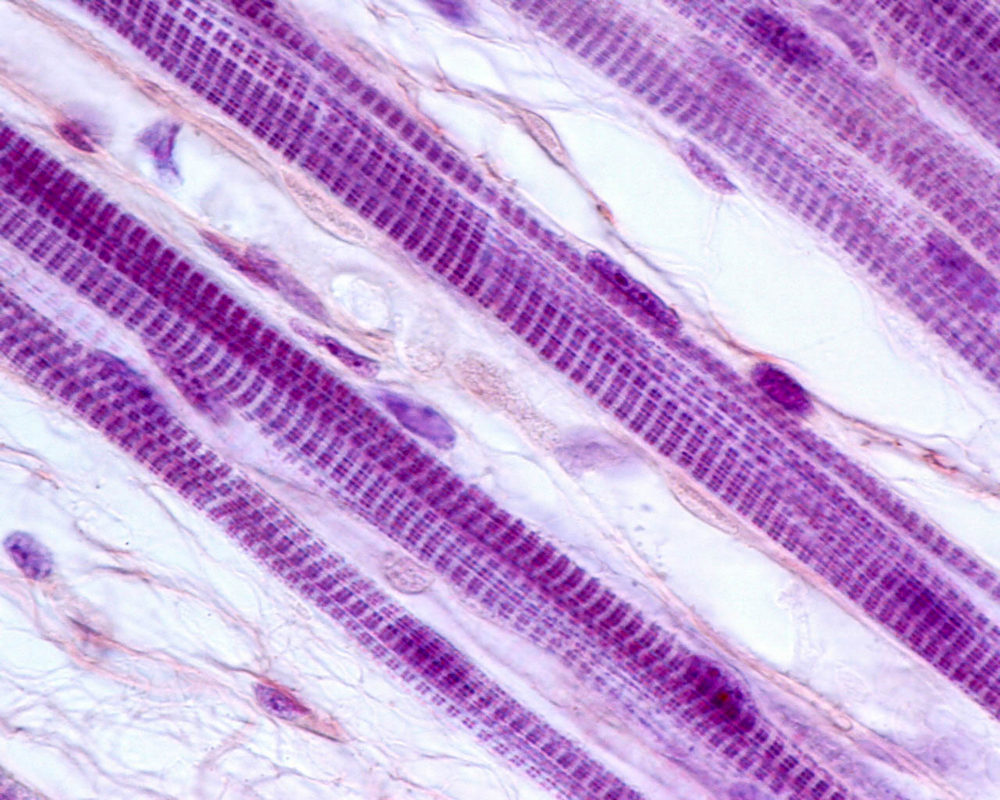Potential Tool to Test MD Therapies: Lab-grown Muscle Fibers That Stay Alive Longer with New Gelatin Chip

Scientists have developed a new gelatin matrix, or “chip,” which allows them to grow muscle fibers in the laboratory for at least three weeks.
These lab-grown muscle fibers can be used not only to study normal muscle development but also to shed light on the biology of muscle diseases. They might also be a perfect tool to test drugs being developed to treat muscle diseases such as muscular dystrophy.
“Disease and disorders involving skeletal muscle — ranging from severe muscular dystrophies to the gradual decrease in muscle mass with aging — dramatically reduce the quality of life for millions of people,” Prof. Megan McCain, assistant professor of biomedical engineering and stem cell biology and regenerative medicine at the University of Southern California, said in a press release.
“By creating an inexpensive and accessible platform for studying skeletal muscle in the laboratory, we hope to enable research that will usher in new treatments for these patients,” she added.
The team of researchers constructed a “chip” made from gelatin. They grew mouse myotubes (fused muscle cells that will give rise to muscle fibers) on these chips. While myotubes usually detach from the matrix they are grown on after a week or so, when the new gelatin chip was used, they were still attached after three weeks. This meant that they were longer, wider, and more developed. The researchers anticipate that human muscle cells would thrive in the same way on this new matrix.
The researchers already received funding totaling $120,000 from the Eli and Edythe Broad Foundation, to use the chip they developed to study a neurodegenerative disease called amyotrophic lateral sclerosis (ALS), or Lou Gehrig’s disease. ALS affects neuromuscular junctions where the nerve cells meet the muscle cells, controlling their contraction.
Muscular dystrophy is a complex group of diseases. There are several therapeutic approaches under development to halt or even reverse the degeneration of muscles in muscular dystrophy. Being able to grow muscle cells in the laboratory and to maintain them for longer than has ever been possible could be invaluable in testing the effect of such drugs.






